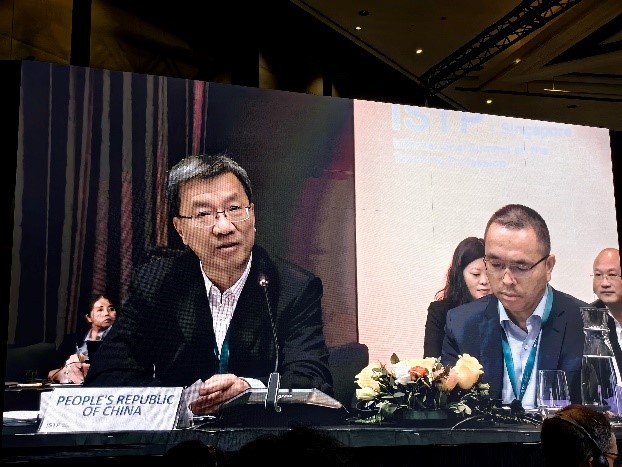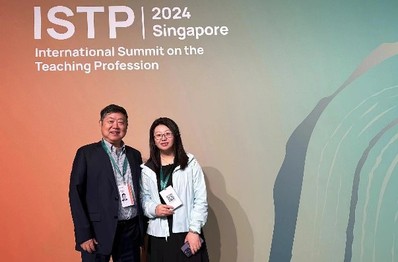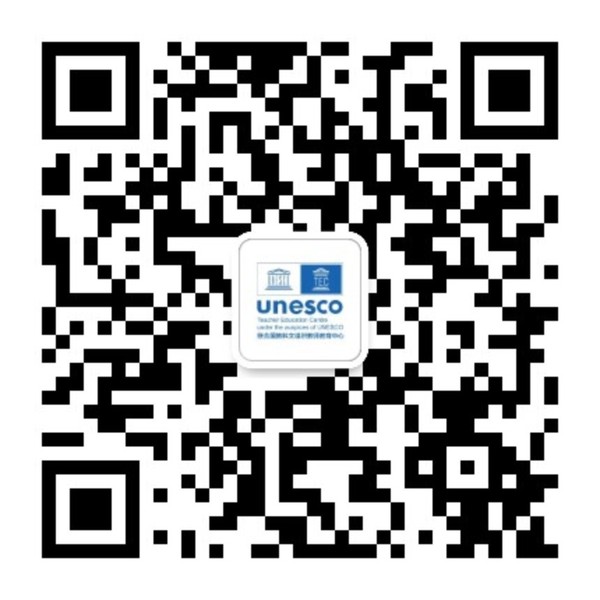The 14th International Summit on the Teaching Profession (ISTP) was held in Singapore from April 22 to 24 local time. Huai Jinpeng, Minister of Education, led the Chinese education delegation to attend the summit at the invitation. Zhang Minxuan, Director of the Centre, participated as an official member of the delegation, and Associate Professor Xu Jinjie attended as an observer. Co-hosted by the Organisation for Economic Co-operation and Development (OECD), Education International (EI), and Singapore’s Ministry of Education, the summit gathered representatives from multiple international organizations, as well as education ministers and teacher representatives from 19 countries.
The summit series draws on data from the Programme for International Student Assessment (PISA) and the Teaching and Learning International Survey (TALIS) as empirical analysis resources and the basis for its reports. It invites education ministers, senior officials in charge of teacher affairs, teacher education experts, and outstanding teacher representatives from countries with exceptional performance or rapid progress to engage in dialogue. Together, they analyze educational issues, study international development trends, share successful experiences from various countries, and shape global educational agendas. The theme of this year’s summit was Reimagining Education to Unleash Potential, with three key topics: Future Learning and Its Impact on Teaching, The Role of Digital Technologies in Transforming Education and Training, and Partnering to Support Lifelong Learning.
Huai Jinpeng was invited to deliver a keynote speech on The Role of Digital Technologies in Transforming Education and Training, which was well-received and valued by education representatives from other countries.

Zhang Minxuan, Director of the Centre, spoke on Partnering to Support Lifelong Learning. He pointed out that in the face of a rapidly changing world, lifelong learning has increasingly become a consensus. Therefore, countries should not only formulate school education laws but also establish a modern educational legal system encompassing family education laws, lifelong education laws, and teacher development laws. Governments and schools need to proactively collaborate with artificial intelligence technology enterprises to research and develop digital learning resources, jointly prevent ethical risks of technology in teaching, and strive to enhance teachers’ digital and human-machine interaction literacy. Only in this way can learners achieve lifelong learning with support from all sectors of society.





